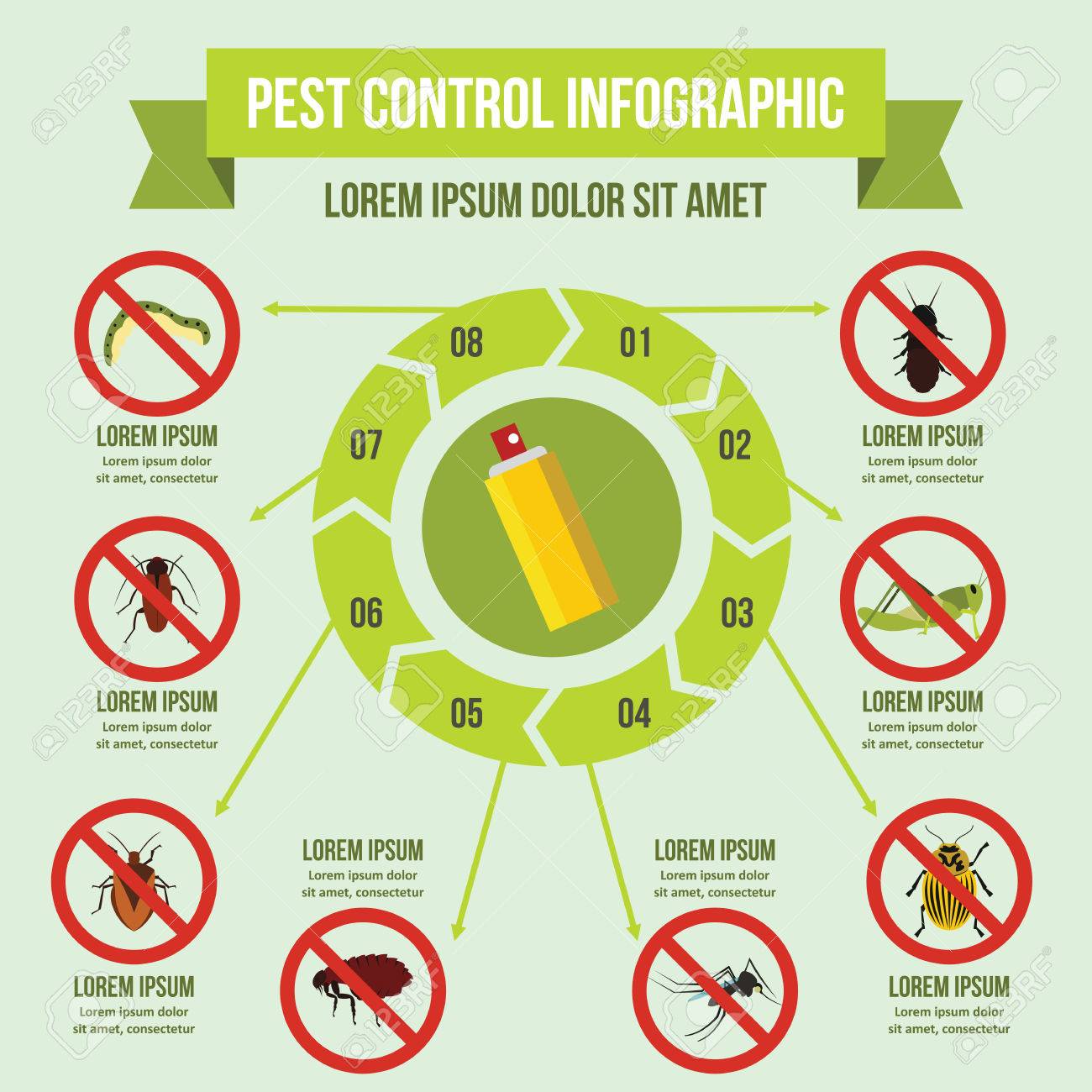Past The Spray: Checking Out Advanced Techniques Made Use Of By Bug Control Professionals
Past The Spray: Checking Out Advanced Techniques Made Use Of By Bug Control Professionals
Blog Article
Writer-Winther Caspersen
Are you tired of depending exclusively on sprays to handle insects in your house or workplace? While sprays can work, pest control professionals have actually established innovative methods that exceed just spraying chemicals.
These techniques not only give much more effective and durable solutions, yet also focus on decreasing the use of dangerous chemicals. By discovering these innovative techniques, you will certainly uncover a whole brand-new world of bug control approaches that are not only effective, yet likewise environmentally friendly.
So, are you prepared to take your insect control video game to the following degree?
Integrated Bug Administration (IPM)
If you're looking for an effective and environmentally-friendly approach to pest control, Integrated Parasite Management (IPM) is the solution you require. IPM focuses on long-term prevention and management of bugs, as opposed to simply relying upon chemicals. This technique thinks about the specific requirements and actions of bugs, as well as the surrounding environment.
By utilizing a combination of techniques such as biological control, environment adjustment, and targeted chemical usage, IPM aims to reduce the dependence on chemical therapies and reduce harm to non-target microorganisms.
One essential facet of IPM is checking and recognizing parasites precisely. This entails regularly inspecting and assessing the pest population, along with identifying the particular types present. By comprehending the biology and habits of bugs, parasite control specialists can establish targeted techniques to interrupt their life cycle and minimize their numbers.
Another essential component of IPM is using non-chemical control approaches whenever possible. This can consist of physical barriers, such as installing screens or securing splits and openings, to prevent parasites from entering buildings. In addition, social methods, like appropriate cleanliness and waste administration, can aid get rid of insect food sources and breeding grounds.
When chemicals are needed, IPM focuses on utilizing them sensibly and as a last option. This implies choosing the least toxic and most reliable option, using it exactly and just to influenced areas, and complying with all safety standards. By decreasing chemical use, IPM reduces the prospective dangers to human health and wellness and the atmosphere.
Biological Control
To further enhance the performance of Integrated Bug Management (IPM), the next subtopic we'll explore is the approach of organic control. This method uses all-natural predators or bloodsuckers to manage parasites.
Below are four vital facets of biological control:.
1. Introduction of natural enemies: In this method, beneficial pests or microorganisms are presented to the area infested with pests. These natural enemies exploit the parasites, aiding to reduce their population.
2. Preservation of natural adversaries: As opposed to presenting brand-new organisms, this technique focuses on developing an appropriate setting for existing valuable bugs. https://griffinbunfx.blog-kids.com/25962198/the-secrets-of-parasite-control-pros-unleash-the-power-of-innovative-strategies-and-say-goodbye-to-pesky-insects-for-good can be attained with providing food, sanctuary, and water resources.
3. Enhancement: Here, the variety of all-natural enemies is boosted unnaturally by breeding and releasing them right into the infested location. This aids to rapidly lower the pest population.
4. Push-pull approach: This strategy incorporates repellents and attractants to control the actions of parasites. Repellents push bugs away from plants, while attractants draw them towards catch plants or areas where they can be quickly controlled.
Environment Modification
Environment adjustment plays a critical duty in pest control by changing the environment to dissuade insect problems. By making changes to the physical attributes of an area, you can develop an inhospitable environment for bugs, making it harder for them to make it through and thrive.
One usual approach of environment adjustment is getting rid of or decreasing prospective food resources for parasites. http://entomologytoday.org/2017/07/17/mow-before-you-spray-and-other-tips-for-protecting-pollinators-in-grassy-landscapes/ can include appropriate waste management, securing containers, and tidying up food crumbs.
Furthermore, removing or lowering areas of standing water can assist regulate insects like mosquitoes.
Changing best home ant defense by trimming trees and hedges far from structures can likewise stop bugs from accessing your building.
Conclusion.
So there you have it - the innovative strategies utilized by pest control specialists go beyond just spraying chemicals. Integrated Pest Management (IPM) combines numerous techniques to effectively control parasites, while organic control uses natural enemies to maintain parasite populations in check.
Environment alteration additionally plays an important function in avoiding parasite invasions.
Did you understand that according to a research study, applying IPM strategies decreased chemical use by approximately 71%? This not just shields our wellness and the atmosphere yet likewise conserves money over time.
